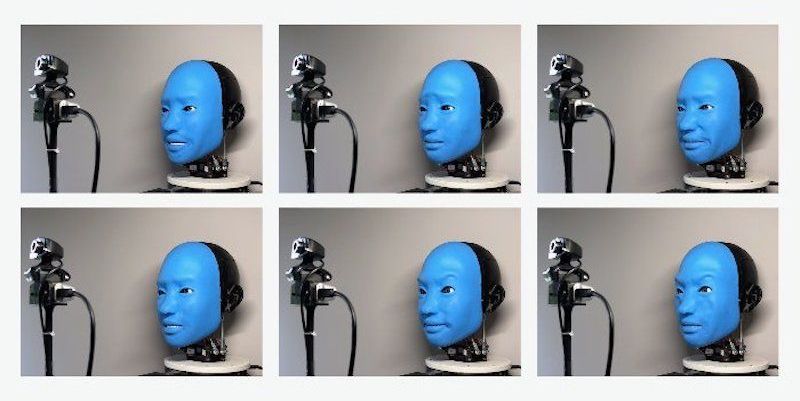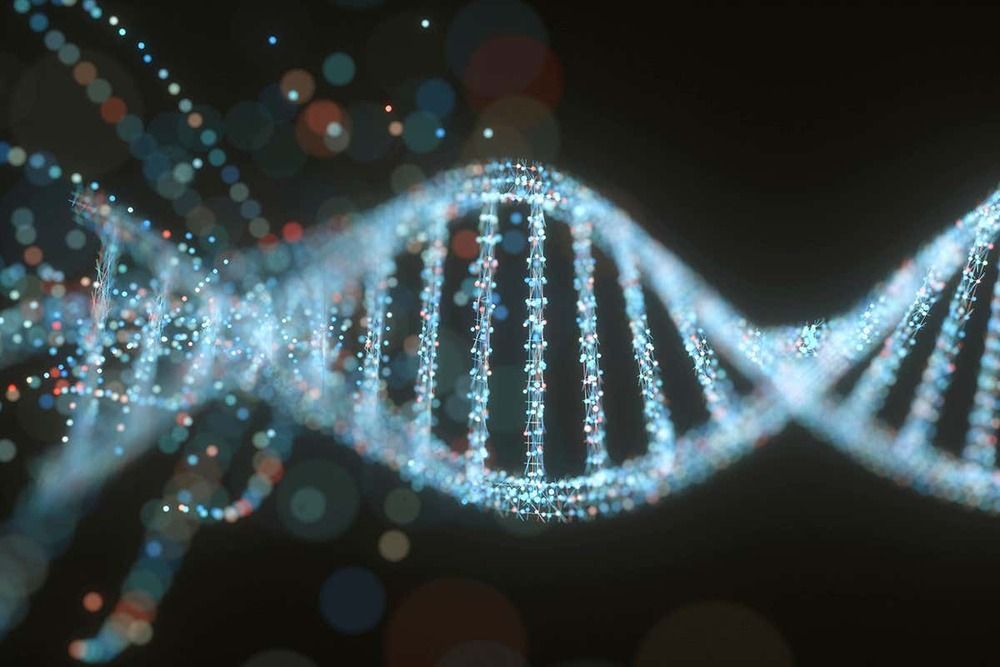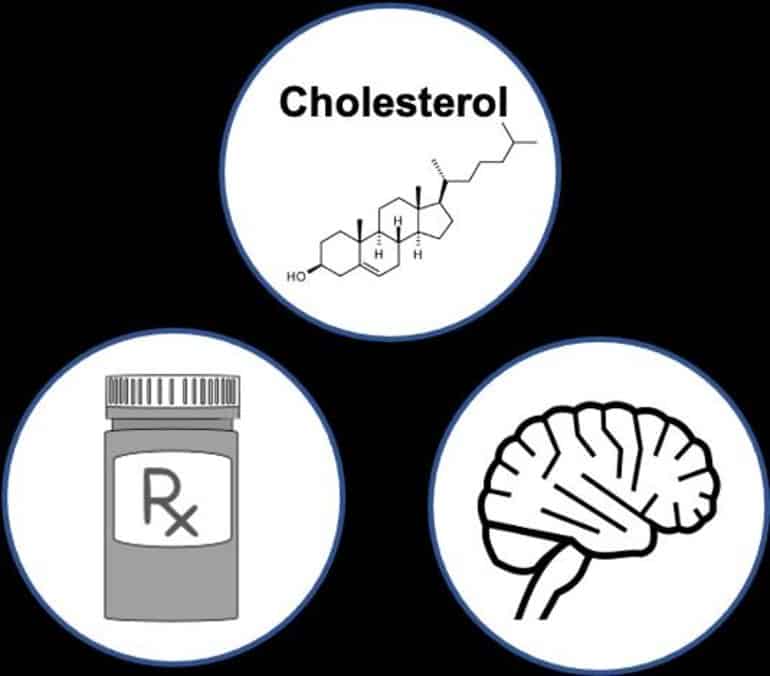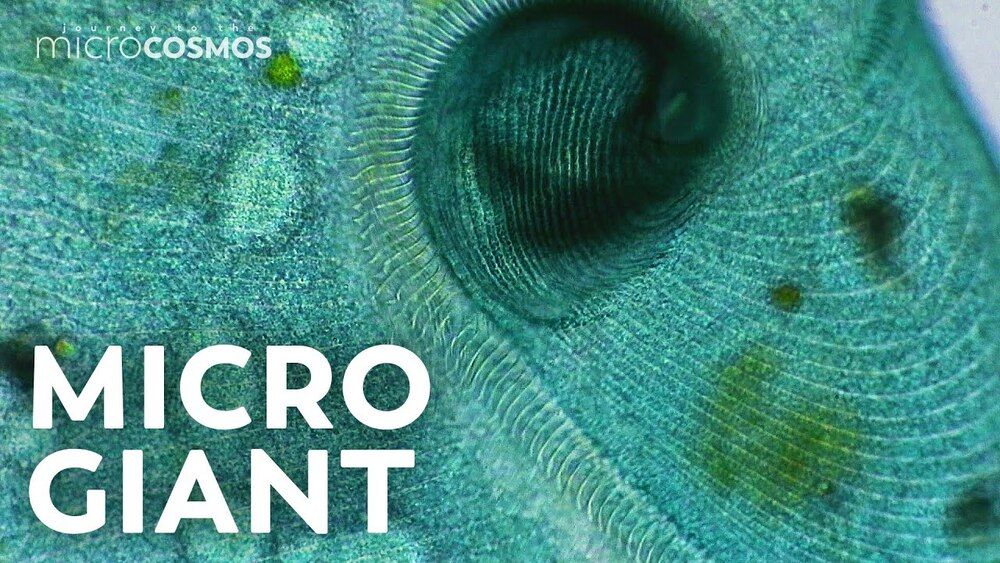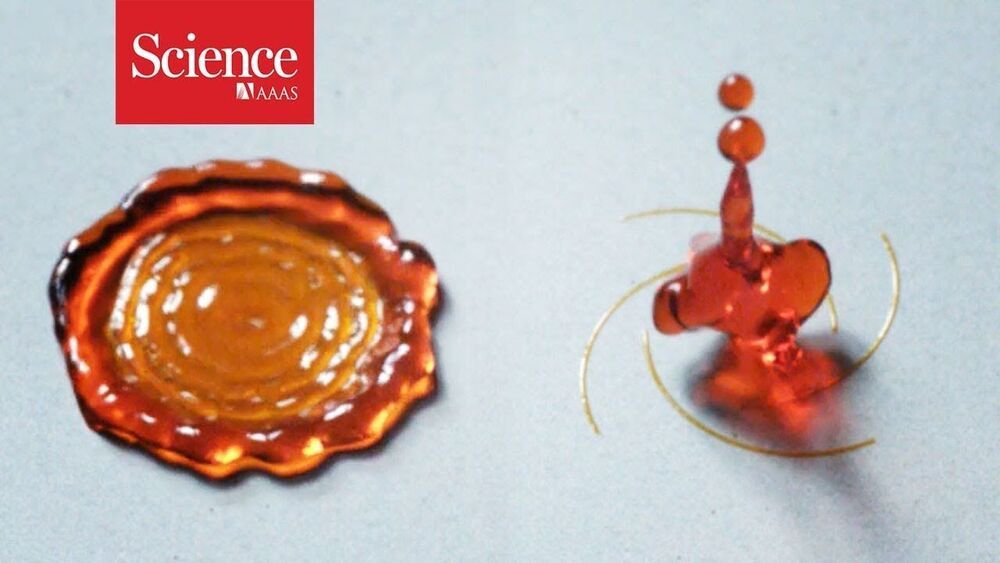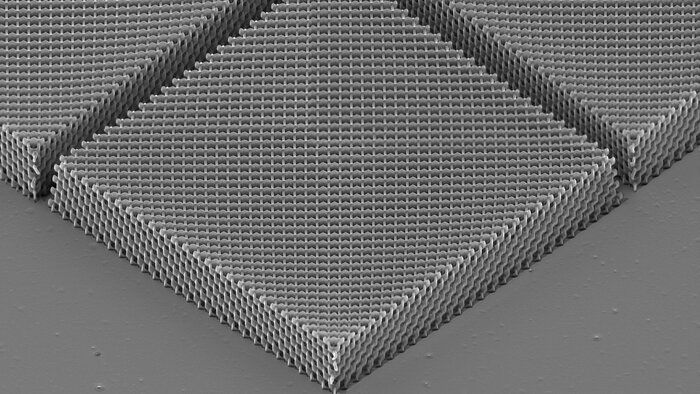May 29, 2021
The robot smiles back: Columbia scientists teach robot how to respond to human facial expressions
Posted by Dan Kummer in categories: employment, robotics/AI
Weird now, but i do think most people will want humanoid robots faking emotions, to some degree, and on the far end people who will want them to try and mimic people exactly.
Columbia Engineering researchers use AI to teach robots to make appropriate reactive human facial expressions, an ability that could build trust between humans and their robotic co-workers and care-givers. (See video below.)
